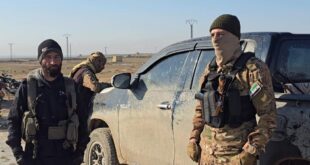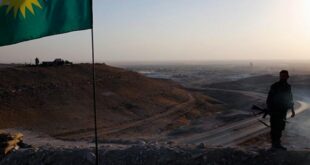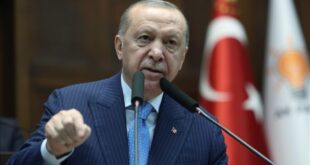On September 29, Russian Defense Minister Sergei Shoigu revealed unprecedented information about the anti-terrorist campaign in Syria on the Red Star channel.
To launch a total attack on the rebels with many different services such as the Air Force, Navy, Artillery, the Russian military headquarters has used special tactics to bypass all enemy intelligence means when sending forces to Syria.
According to Shoigu, the Russian Air Force was originally stationed in Syria, consisting of 34 aircraft and 16 helicopters, as well as operational, logistical, security and special operations.
Along with this, dozens of technical equipment, hundreds of troops, and an impressive arsenal were quickly deployed over a distance of over 2,500 km under unprecedented camouflage measures.
The appearance of such a strong formation far from Russian territory surprised many. During operations in Syria, 90% of Russian pilots and 60% of Russian sailors gained practical combat experience.
Minister Shoigu further revealed that the Russian defense had decided to purchase more Su-34 and Su-30CM aircraft, as well as Mi-28H and Ka-52 helicopters, after assessing the effectiveness of the weapons.
The tactic Moscow used was to transport fighter jets to Syria during a large-scale military exercise called Center 2015 and a surprise exercise in the Central Military Region. Russia probably used this exercise as a curtain to bring the fighter to Syria.
The source said that four Su-30SM fighters landed at Hmeimim Air Base in Latakia province on September 18, 2015, after flying an IL-76 military transport aircraft through the country’s airspace. Azerbaijan, Iran and Iraq to go to Syria.
Dozens of other fighters, including six Su-34 front-line bombers on Syria, have bypassed Azerbaijan’s airspace, passing through international airspace into the Caspian Sea, into Iranian and Iraqi territories to go to Syria. Thus, the flight of Russian military aircraft to Syria has been going on for a long time, without the US coalition knowing how they were brought.
It was not until September 20 that the United States discovered that the Russian Su-30CM was present at Latakia airport and enemy detection equipment flying in transport planes in Syria.
Thus, before Moscow announced the creation of a Russian-led anti-terrorist military alliance, including Iran and Iraq, the country managed to borrow the airspace of those countries, allowing fighter jets to be smuggled in, and then benefited from exercises to “bring” fighters into Syria without the knowledge of US intelligence and satellites.
According to some Western sources, Russia has so far deployed about 40 fighters at Latakia airport, including Su-24, Su-25, Su-34, Su-30CM, Su-35. At the same time, Russia secretly transferred another 20 Mi-24 attack helicopters and Mi-8 transports to Syria.
In addition, Moscow has deployed an unspecified number of manned spy planes and unmanned reconnaissance planes. Their location was so secretive that when the Russian plane was publicly available at the Syrian airport, only American satellites and intelligence would know.
The deployment of Moscow’s troops is seen as the next success since the massive deployment of the blockade of Crimea in late February 2014. This confused the United States and the West and was passive in the face of strong and sudden Russian action in the Middle East.
With the sudden and rapid mobilization of large arms and sensible offensive tactics, the results that Russia has achieved have been greater than many US-led anti-terrorist coalitions in Syria.
“The Russian army in Syria has killed more than 133,000 rebels, including 4,500 insurgents from the Commonwealth of Independent Nations (CIS) and 865 Islamic State leaders. The mission set by the Supreme Commander-in-Chief, Russian President Putin five years ago, is almost complete by the military”, Russian Defense Minister Sergei Shoigu said.
 Eurasia Press & News
Eurasia Press & News



